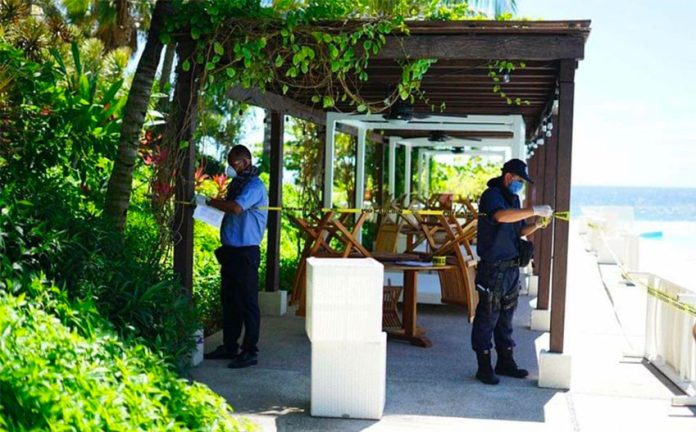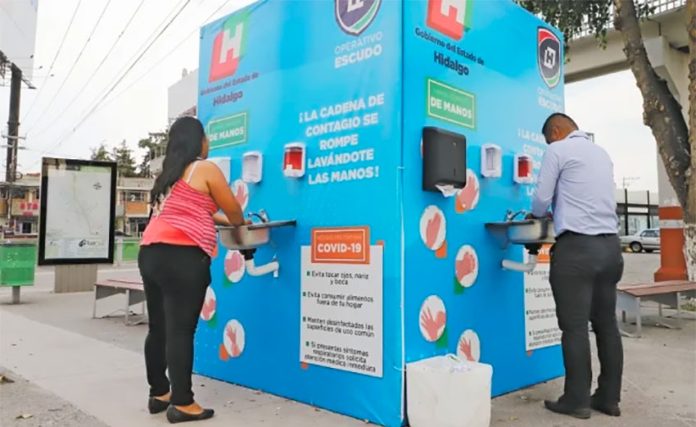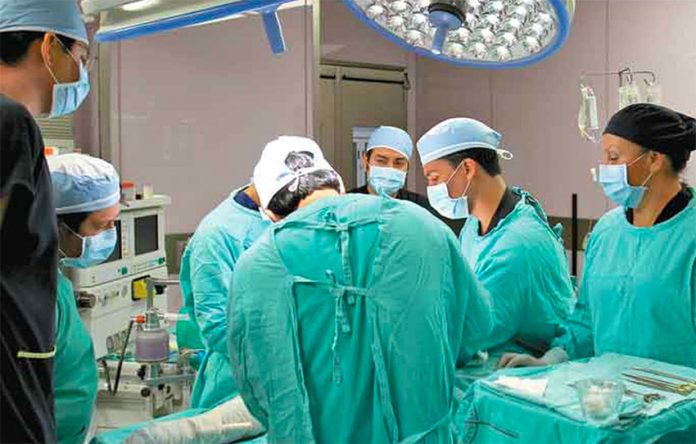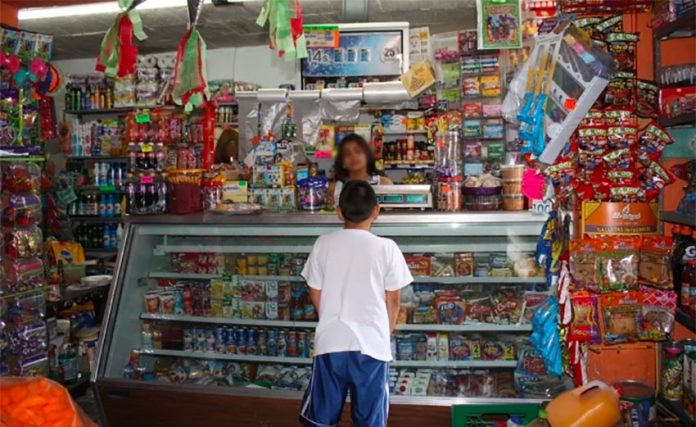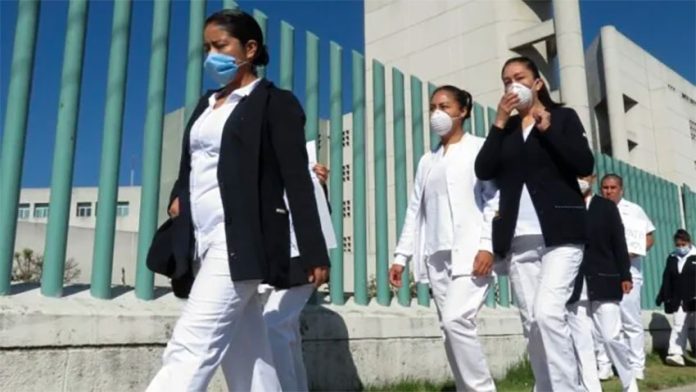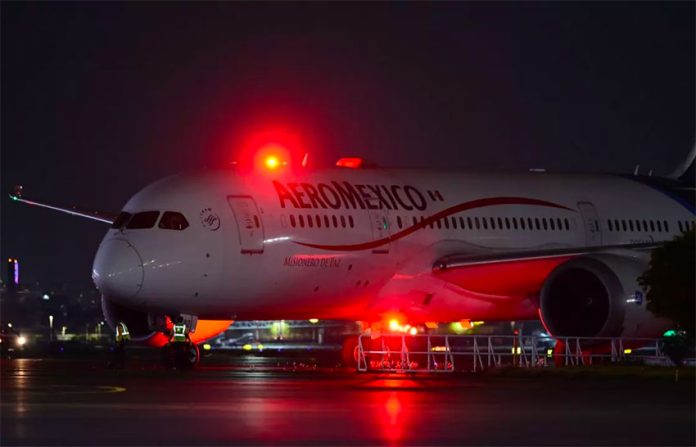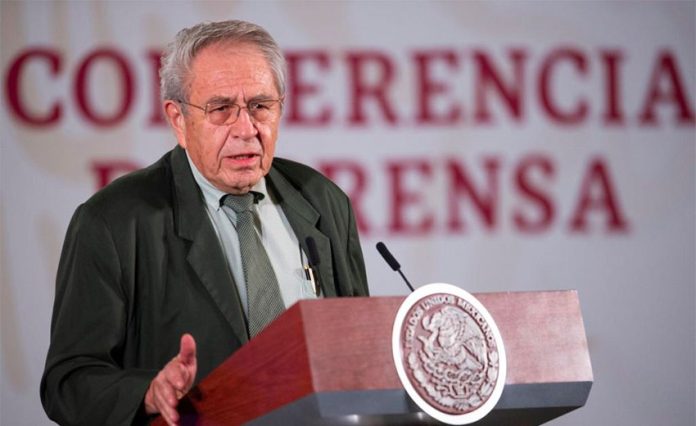Some 220 tourists from Jalisco are under a government-enforced quarantine in the tourist destination of Bahía de Banderas after two vacationers from Guadalajara who tested positive for coronavirus arrived at a luxury resort on the weekend.
Nayarit health authorities asked guests staying in 40 beachfront condominiums at Los Veneros resort to be tested for the virus, but they refused, officials say.
As a result, in a joint effort spearheaded by the Health Ministry, Civil Protection and state Governor Echevarría García, the luxury complex was surrounded by a sanitary barrier in order to protect residents and workers from further spread of the virus.
An official statement on the installation of the barrier claims that “all health protocols are being followed, and it means that the 220 people who vacation in this luxury housing complex will be in quarantine; that is, no one can leave for at least 10 days, which is the minimum time to complete the 14 days of isolation that is required to rule out incubation of the disease.”
Los Veneros — where rentals go for around US $1,400 a night — is located on the road to Punta Mita and under normal circumstances, guests are drawn to its “37 enchanted acres along a stretch of almost 1,500 feet of white sandy beach frontage at renowned Playa de Estiladeras,” the resort’s website reads. “Entry is via gated access, with 24-hour welcome and security staff. Recreational amenities currently include inviting swimming pools, a chic oceanfront Beach Club with bar and grill, fitness, wellness and spa services, and an ocean activities center.”
Governor Echevarría did not hide his contempt for the two tourists who decided to continue with their vacation plans — it is Easter Week in Mexico — after testing positive for the virus. Tourists “are always welcome,” he said, “but not if they infect our people.”
“I know who the people who have Covid-19 are, I know where they are staying. I don’t want to give their names so as not to out them, that’s not my style, but the police will do the proper thing,” he continued. “My responsibility lies with the people of Nayarit and I will take care of your health; these are difficult days, better times will come.”
Residents of the town of Sayulita, also located in Bahía de Banderas, set up roadblocks on the weekend to prevent tourists from visiting and spreading the coronavirus.
Source: La Jornada (sp), Entérate Nayarit (sp)
